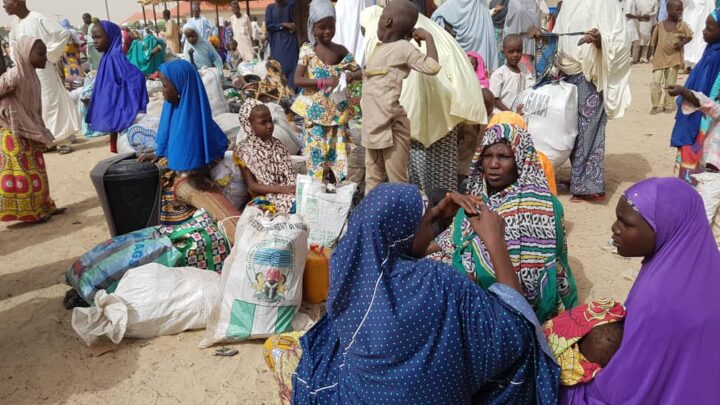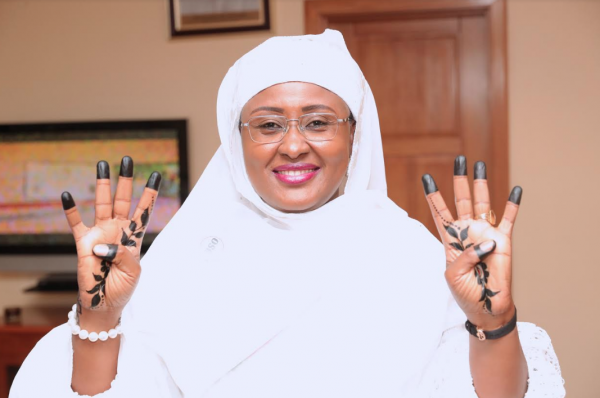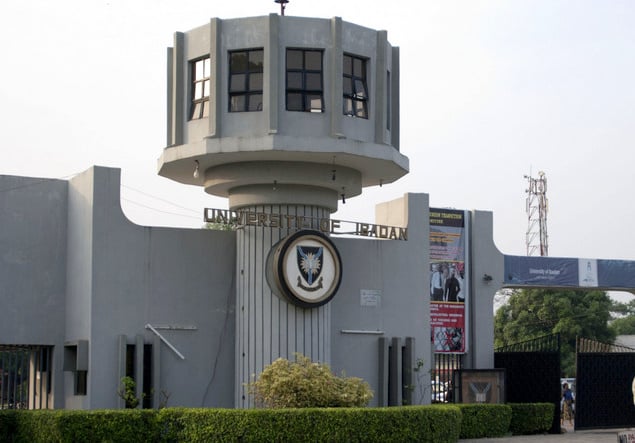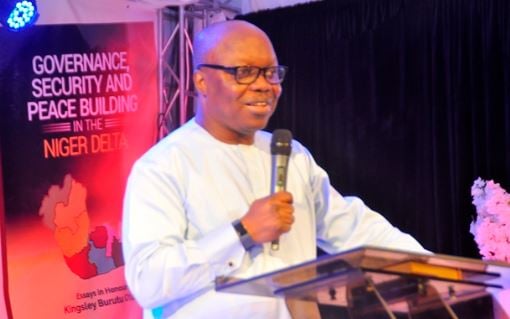BY EDWARD KALLON
The humanitarian crisis in Borno, Adamawa and Yobe states is among the ten most severe in the world, with some 7.1 million people in 2019 in need of urgent, life-saving assistance. Civilians continue to bear the brunt of a conflict that has led to widespread forced displacement, abuse, and violations of international humanitarian and human rights law.
New and protracted displacement, triggered by the conflict, continues to affect access to basic services and disrupts the livelihoods of millions of Nigerians. Acute malnutrition among children under the age of five is above emergency thresholds in many parts of the north-east. Camps for internally displaced are over crowded, heightening the risk of disease and fire outbreak.
While the situation is indeed dire, humanitarian organisations have been working tirelessly, in support of the Government of Nigeria, to robustly scale up the response since 2016. In 2018 alone, over 5.5 million people received humanitarian assistance in Borno, Adamawa, and Yobe states.
Advertisement
These achievements are commendable, yet a sustained response is crucial to ensure that the urgent needs of Nigeria’s most vulnerable women, children and men are met – a response that prioritizes life-saving aid while reducing dependency on aid with lasting solutions that allow communities to independently develop and thrive.
To address these challenges, the Government of Nigeria, the United Nations, and partners are launching the 2019-2021 Humanitarian Response Strategy on Tuesday, January 29. This strategy marks the first time that the humanitarian community, in support of the Government, is taking a multi-year approach to not only deliver immediate life-saving aid, but also look beyond the horizon of immediacy and towards a long-term trajectory of recovery and resilience.
The Strategy includes a one-year response plan that targets 6.2 million people for humanitarian assistance in Borno, Adamawa and Yobe states and appeals for $848 million in funding in 2019.
The financial appeal this year has reduced from $1 billion in 2018 to $848 million, reflecting a sharpened focus in the response and an increase in funding for development activities. This strategy – based on the outcome document from the High Level Conference on the Lake Chad Basin – also complements existing Government plans, such as the Buhari Plan and the Economic Recovery and Growth Plan.
Advertisement
It also presents a unique opportunity for humanitarian actors to remain firmly commited to principled humanitarian action while enhancing coherence and synergies between development and humanitarian responses. This approach will ensure the sustainable delivery of basic services to those in need, particularly those living in protracted displacement, and pave a path forward for durable solutions. These solutions will address root causes of the conflict and create a conducive environment for long-term rehabilitation.
Strong partnerships between national and international actors are critical to ensuring people receive the life-saving assistance they need. Capacity building for local partners and government counterparts will therefore be prioritized to strengthen national response mechanisms. Continual engagement with the millions of Nigerians in need of help will allow humanitarian and development actors to better serve communities at the grass-roots level and cement a foundation on which people of north-east Nigeria can build their future.
The primary role of humanitarian aid is to help people survive and maintain their dignity, while integrating approaches, where and when possible, to reduce communities’ dependency on aid. This is especially true with regard to the response provided for returnees, host communities and the protracted displaced communities.
.
This 2019-2021 Humanitarian Response Strategy provides a way forward to tackle the challenges inherent in planning and responding to large-scale needs in a complex setting. The combined strength of our efforts must now unite to provide assistance to the most vulnerable, bolster national capacity and deliver a calibrated and efficient response.
The lives and futures of millions of people depends on a response that can simultaneously deliver life-saving assistance and develop opportunities that will enable the population to progress and prosper.
Advertisement
Kallon is the resident and humanitarian coordinator of the United Nations in Nigeria
Views expressed by contributors are strictly personal and not of TheCable.






